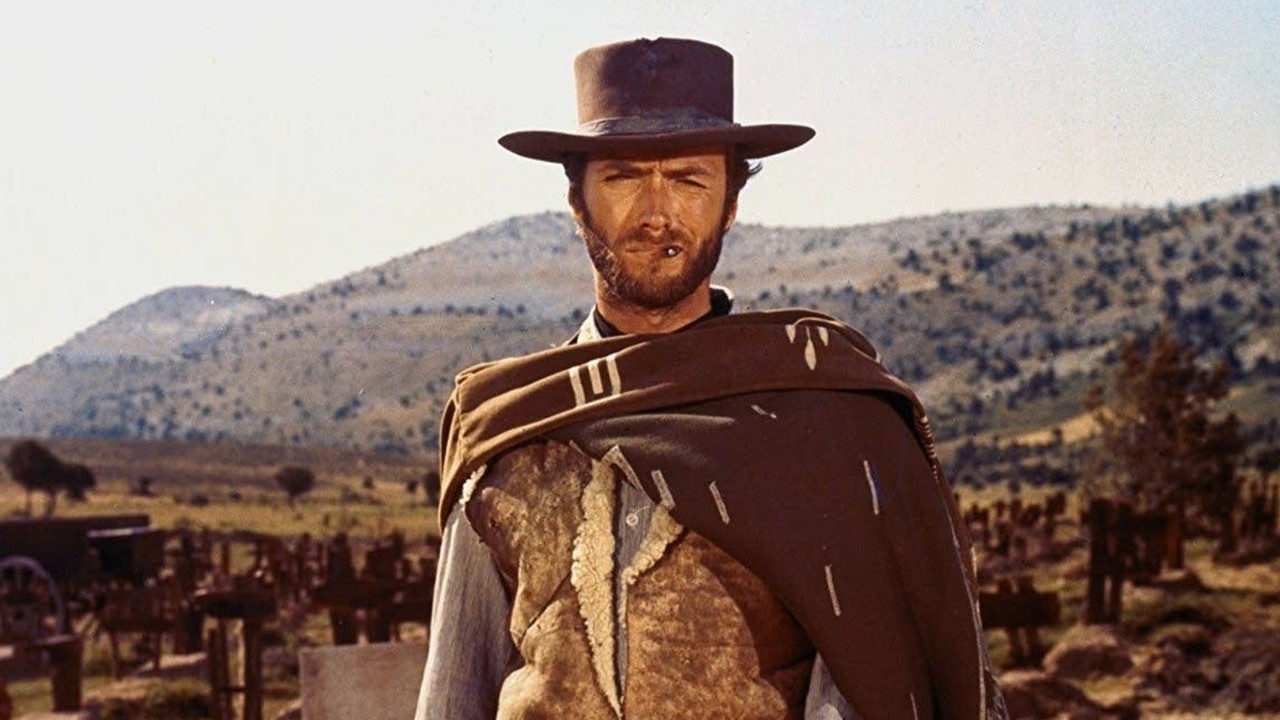#33. Slacker
(Richard Linklater, 1990)

"I may live badly, but at least I don't have to work to do it."
(Richard Linklater, 1990)

"I may live badly, but at least I don't have to work to do it."
Fun fact: Slacker was the very first film that I ever reviewed on this site. Regardless of where it may rank on this countdown or others, I consider it a cornerstone of my own personal canon. Linklater establishes his career-long fondness for compressed timeframes with a film that traverses the city of Austin, Texas in the space of 24 hours - it does so by hopping from character to character and giving them all a moment in the spotlight. The focus is on the city's more eccentric individuals, often dedicating entire scenes to various misfits rambling about their passions to a captive audience (Linklater himself sets the tone by playing a taxi fare who monologues about dreams and alternate realities to a mutely disinterested driver). The subjects are almost as varied as the character, touching on everything from conspiracy theories to politics to art - or sometimes it's just a character doing a funny bit (look no further than Butthole Surfers drummer Teresa Taylor trying to sell what she claims is a pap smear that belongs to Madonna or Charles Gunning as a jaded hitchhiker who conducts a foul-mouthed and cynical video interview). That the film looks as good as it does on a comparatively low budget (much of it consists of languid long takes that glide slowly down the streets and through the sharehouses of Austin, though it somehow finds room to experiment with different film and video formats) is a readily observable sign of the promise that Linklater has made good on in the subsequent decades - he's gotten more accessible and he's gotten more obtuse, but for me he's never gotten better.
2005 ranking: N/A
2013 ranking: #71
__________________
Iro's Top 100 Movies v3.0
I really just want you all angry and confused the whole time.
 But I didn't care. It's impact on me was immediate.
But I didn't care. It's impact on me was immediate.


